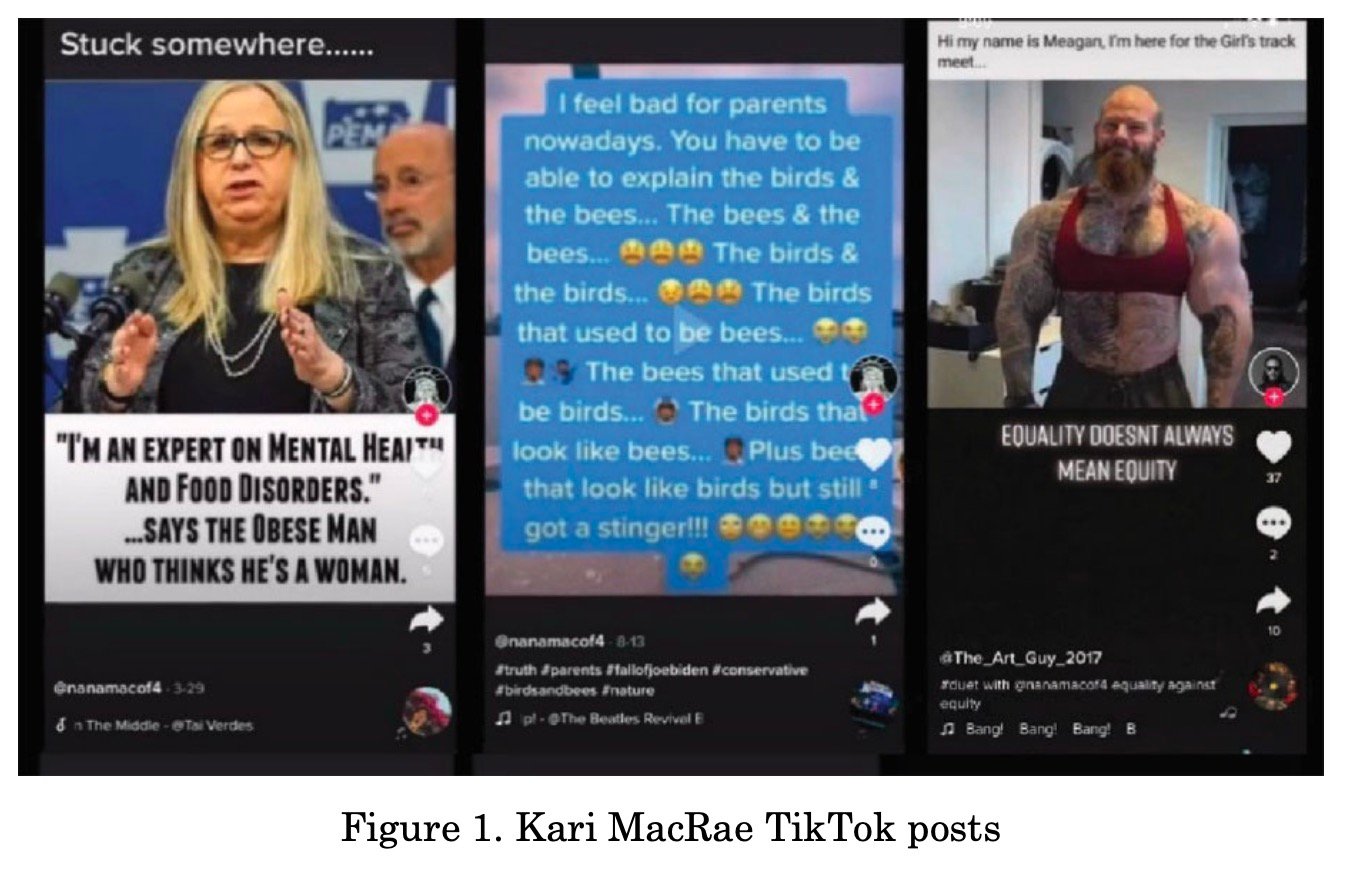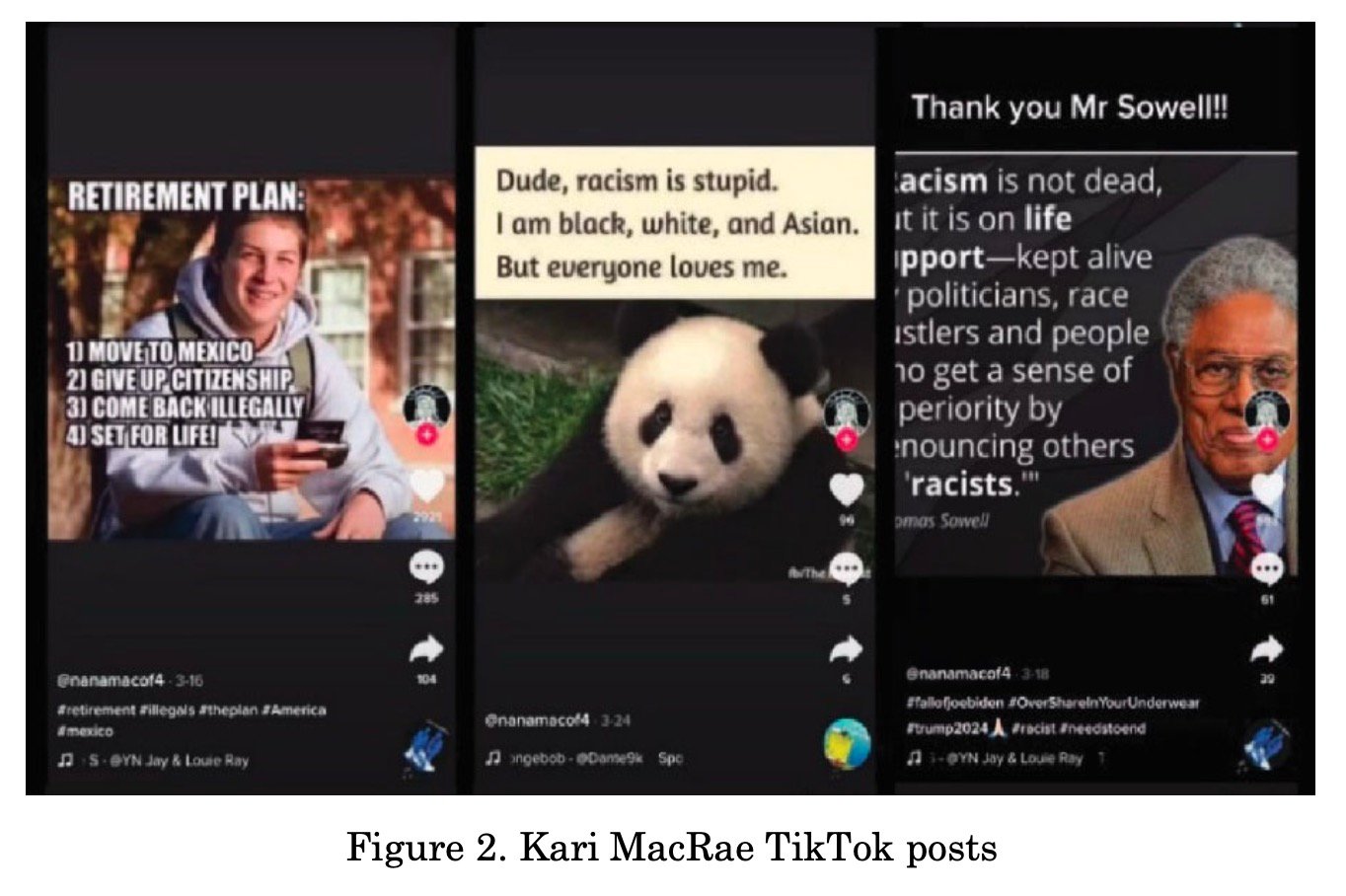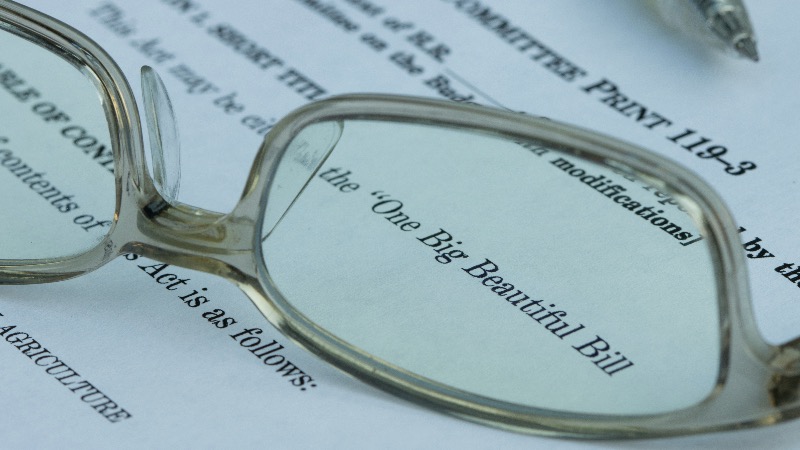 Image Credit: Oscar Wong / Getty
Image Credit: Oscar Wong / Getty The Supreme Court has decided not to review the case of a Massachusetts educator who argued that she was wrongfully dismissed over TikTok videos expressing views on gender issues.
Former Hanover Public Schools teacher Kari MacRae had hoped the justices would use her case to affirm the free speech rights of public employees, especially when their opinions are voiced outside the workplace and before employment.
MacRae’s social media posts included commentary and memes that sparked controversy.
One video criticized Rachel Levine, a transgender official in the Biden administration.
Another featured a panda bear alongside text stating, “Dude, racism is stupid. I am black, white, and Asian. But everyone loves me.”
Get the background on this story here.
In a separate post, she remarked on modern parenting challenges: “I feel bad for parents nowadays. You have to be able to explain the birds & the bees . . . The bees & the bees . . . The birds & the birds . . . The birds that used to be bees . . . The bees that used to be birds . . . The birds that look like bees . . . Plus bees that look like birds but still got a stinger!!!”
Although the Court declined to take up her appeal and no justice publicly opposed that decision, Justice Clarence Thomas issued a statement voicing unease with how lower courts handled the matter.
We obtained a copy of the statement for you here.
Thomas pointed out that punishing government workers for expressing views contrary to their employer’s stance threatens fundamental free speech protections.
Thomas warned, “It undermines core First Amendment values to allow a government employer to adopt an institutional viewpoint on the issues of the day and then when faced with a dissenting employee, portray this disagreement as evidence of disruption.”
Thomas also stressed the troubling nature of MacRae’s situation, as her views were shared before she joined the school district. “And, the problem is exacerbated in the case of an employee such as MacRae, who expressed her views only outside the workplace and before her employment,” he added.

While Thomas agreed that MacRae’s petition did not squarely present the broader constitutional questions necessary for the Court to step in, he indicated readiness to take up a future case. He highlighted the danger of government employers using “unsupported claims of disruption in particular to target employees who express disfavored political views.”
He emphasized that the value of speech should not be discounted based on its tone. “I do not see how the tone of MacRae’s posts can bear on the weight of her First Amendment interest,” Thomas wrote, adding that, “Speech on matters of public concern is at the heart of the First Amendment’s protection.”
Thomas further argued that humor or provocative language does not lessen constitutional protections. He stated, “The inappropriate or controversial character of a statement is irrelevant to the question whether it deals with a matter of public concern.” Referring to past rulings, he noted, “Humor, satire, and even personal invective can make a point about a matter of public concern.”

Challenging the justification provided by the lower court for upholding MacRae’s dismissal, Thomas criticized reliance on speculative disruption. “The First Circuit accordingly should have discarded factors whose disruptive potential was purely speculative, such as the fact that ‘some students and staff . . . were aware of’ [MacRae’s] posts or that ‘students [were overheard] discussing her social media activity.’”
Finally, Thomas framed MacRae’s case as part of a growing trend. “This case is the latest in a trend of lower court decisions that have misapplied our First Amendment precedents in cases involving controversial political speech,” he observed, suggesting that without stronger guidance, public employers might increasingly attempt to silence disfavored views under the guise of preventing disruption.


